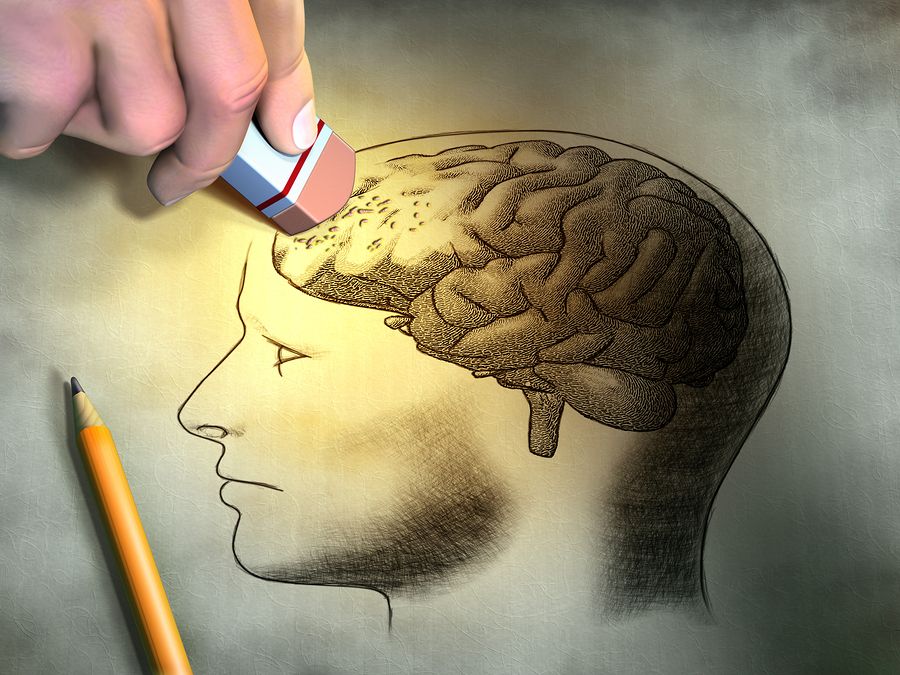Living with Dementia
Dementia is a syndrome (a group of related symptoms) that is associated with an ongoing decline of the brain and its abilities.
The term “dementia” describes a loss of mental ability associated with gradual death of brain cells.
These include:
- Memory
- Thinking
- Language
- Understanding
- Judgement
People with dementia may also become apathetic, have problems controlling their emotions or behaving appropriately in social situations. Aspects of their personality may change or they may see or hear things that other people do not, or have false beliefs. Most cases of dementia are caused by damage to the structure of the brain. People with dementia usually need help from friends or relatives, including help in making decisions.
How common is dementia?
Dementia is a common condition. In England alone, there are currently 800,000 people living with dementia. That number is expected to double over the next 30 years.
Usually dementia occurs in people who are 65 or over. The older you get, the more likely you are to develop it. Dementia is slightly more common in women than in men.
Types of Dementia
Listed below are the different types of dementia.
Alzheimer’s disease, where small clumps of protein, known as plaques, begin to develop around brain cells. This disrupts the normal workings of the brain.
Vascular Dementia, where problems with blood circulation result in parts of the brain not receiving enough blood and oxygen.
Dementia with Lewy Bodies, where abnormal structures, known as Lewy bodies, develop inside the brain.
Frontotemporal Dementia, where the frontal and temporal lobes (two parts of the brain) begin to shrink. Unlike other types of dementia, frontotemporal dementia usually develops in people who are under 65. It is much rarer than other types of dementia.
Outlook
There is no cure for dementia and symptoms will get worse over time. However, there are a number of effective treatments that can help people to cope better with their symptoms and improve their quality of life.
Want to know more?
Alzheimer’s Society: What is dementia?
If you have concerns about Alzheimer’s disease or about any other form of dementia, Alzheimer’s Society National Dementia Helpline 0300 222 1122 can provide information, support, guidance and signposting to other appropriate organisation
Have you had any experience of supporting a loved one with dementia?
Latest posts by Sally - Silversurfer's Editor (see all)
- Freezing this Christmas, a charity single could hit the number one spot - December 20, 2024
- Theatre tickets from £10 for 50+ London shows with See It Live in 2025 - December 19, 2024
- Should Waspi women be entitled to compensation? - December 17, 2024
- What was your favourite childhood toy? - December 17, 2024
- It’s never too late to play bridge - December 15, 2024




















